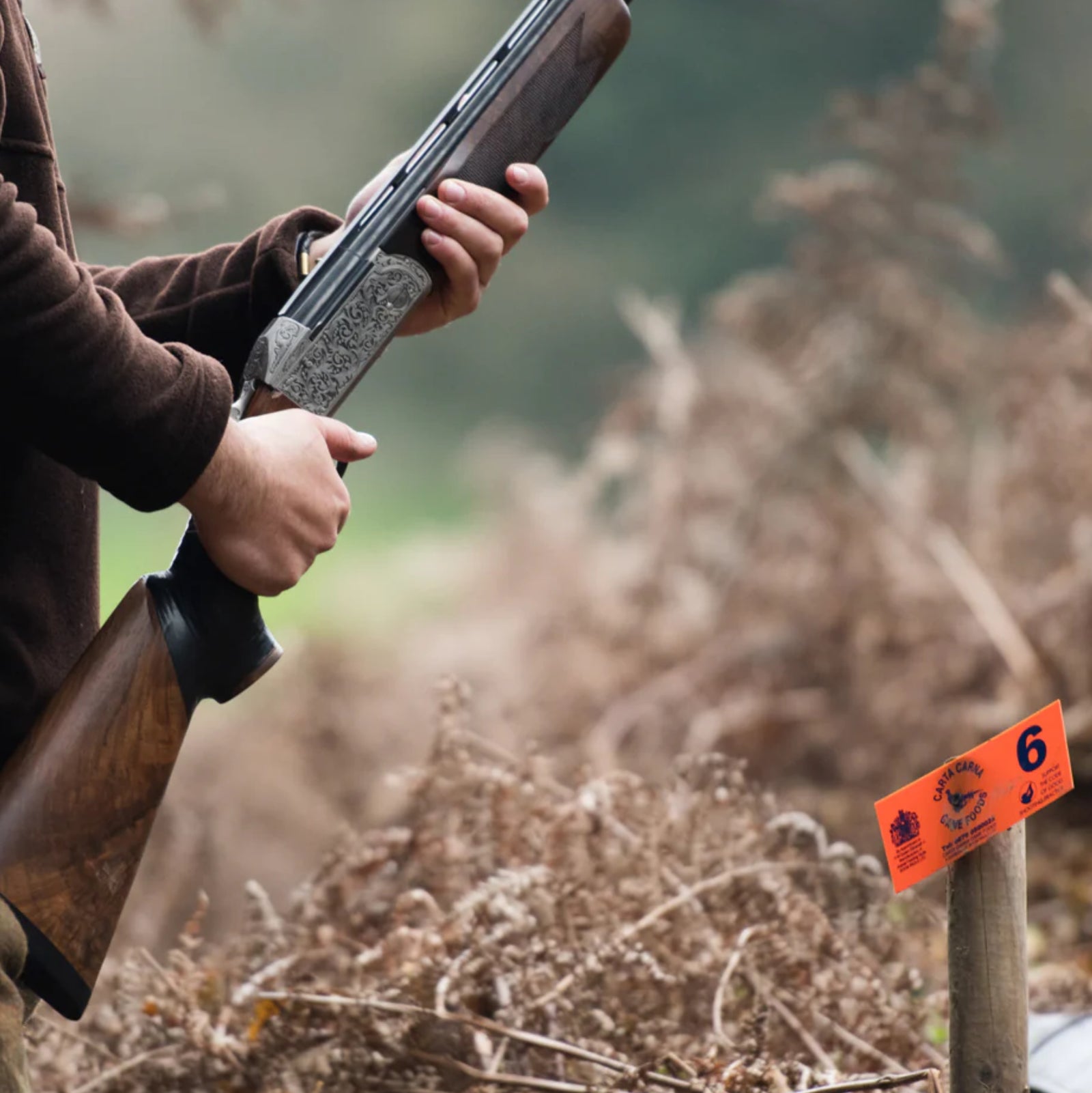Free Shipping on Canadian orders over $175
Free Shipping on Canadian orders over $175

The Politics of Hunting: Unpacking the Ironies in Canada and the U.S.
September 12, 2023 5 min read
As someone who keeps an eye on the dynamics surrounding hunting and conservation, I couldn't help but be happily surprised by Andrew Exum's September 2023 article "America Needs Hunting More Than It Knows" in The Atlantic (paywalled), an unlikely article in an unlikely publication to be sure. Exum delves into the conflicting attitudes Americans have towards hunting, a phenomenon that isn't unique to the United States but extends to Canada as well. He writes:
Indeed, one of my favorite ironies is that self-proclaimed conservative and libertarian Americans who otherwise never miss an opportunity to resent government regulation happily participate in one of the most heavily regulated activities in America. The same Americans who are normally filled with deep suspicion for government bureaucrats nonetheless hold their state game wardens and wildlife biologists—who set and enforce the limits that guide hunters each season—in high regard. The post-pandemic surge in distrust of science and government mandates has not yet affected wildlife biology and fish-and-game associations.
It’s also ironic, of course, that many left-leaning Americans can be so ambivalent about some of the longest-running, most successful, and scientifically grounded government programs. The same well-meaning people with those signs in their yard that read 'In this house, we believe … that science is real' often seem to be among those happy enough to throw the science aside when it comes to effectively managing wildlife, as in Connecticut, where the state is resisting the recommendation of its own wildlife biologists that it should authorize a bear hunt. Animal-rights activists are fighting to have louder voices on state fish-and-game commissions, minimizing the contributions of hunters as well as the input of state wildlife biologists.
These paradoxes are not confined by borders. Canadian conservatives, much like their American counterparts, also show a nuanced relationship with regulation when it comes to hunting. And just as in the U.S., there are those on the left in Canada who champion science yet seem willing to dismiss it when it pertains to wildlife management.
The Intricacies of Public Opinion
Exum also wrote on public opinion and it hit home for me as someone who grew up where hunting was not only a hobby but the family business. Pro and anti hunting stances are sliced almost cleanly down party lines. This of course is also due to the demographics of regions and aren't necessarily solely a result of party dogma, but the more I watch of US politics, the more it seems that ideals, personal beliefs and political stances are almost inseparable from one and other with the snake eating its own tail as the people tell their party what to think so that the party can tell its people. Here at home, we're not immune to this as surveys by the Canadian Wildlife Federation show that while Canadians overwhelmingly support conservation, there are sharp divides along ideological lines regarding the role of hunting. Conservatives seem more willing to accept hunting as a practical means of wildlife management, while liberals are often more skeptical. Strange how political leanings can influence our relationship with the great outdoors eh?
The Cultural and Economic Dimensions
As someone who appreciates the economic implications of hunting, I find it crucial to note that hunting contributes over $3 billion annually to Canada's economy, according to the Canadian Federation of Outfitter Associations. This is a point that often gets overlooked in urban areas where hunters are largely seen as isolated pockets of farmers and hillbillies rather than a tourism industry appealing to the most conservative of rednecks right through to the EV driving environmental lawyer. But beyond the economics, it's a part of our cultural fabric, especially for Indigenous communities where hunting is a deeply rooted practice. Not unlike skydiving or playing the oboe, there's a cornucopia of reasons an individual might have for hunting (though likely not good ones for the former two) but crushing them all into one box which unfortunately for the uninformed often resembles "Me want shoot stuff" shows a lack of understanding of the material.
Likewise, talking up the conservative side of the argument and fusing hunting with other wedge issues that may or may not have merit but are largely geared towards simply "Owning the Libs" makes what should be a scientific exercise that appeals to everyone into one more thing viewed by liberal urbanites as a barbaric characteristic of an ignorant part of the population when it shows up with a "F*** Trudeau" flag flying beside it. Whatever your politics, finding the ample common ground on this one issue shouldn't be as hard as we're making it.
Where Do We Go From Here?
If there's one lesson to be learned from the ironies and paradoxes that Exum points out in the American context, it's that ideological rigidity serves as an impediment to effective and meaningful conservation.
What's truly compelling for me is the opportunity to shift the narrative, to move beyond partisanship and focus on shared values. No matter where you land on the political spectrum, the call of the wilderness, the beauty of our landscapes, and the intricate balance of ecosystems offer something transcendent that we can all appreciate. When it comes to protecting our natural world, we should be allies, not adversaries.
I strongly believe that hunters, conservationists, animal-rights activists, and policymakers can find common ground. We can all agree that maintaining the health and biodiversity of our natural habitats is a priority that benefits everyone. Whether it's preserving crucial wetlands, reducing the population of invasive species, or protecting endangered animals, we all have a part to play.
Imagine if political and advocacy groups came together to support science-based policies that serve the twin goals of conservation and ethical hunting. Think of the progress that could be achieved in research, legislation, and education.
The urgency of our environmental challenges demands that we put aside differences and pool our resources, knowledge, and passions to build a sustainable future. This isn't a conservative issue or a liberal issue; it's a human issue. And it's high time we addressed it as such.
So, in the spirit of reaching across the aisle, let's consider this an open invitation to dialogue, collaboration, and action. We may not see eye to eye on everything, but when it comes to the health and beauty of the land we call home, we're all on the same side.
*References*:
- Canadian Journal of Forest Research, "Conservation Strategies in Canada: The Role of Hunting," 2018.
- Canadian Wildlife Federation, "Public Opinion on Conservation and Hunting," 2019.
- Fraser Institute, "The Socioeconomic Importance of Hunting in Canada," 2020.
- Canadian Federation of Outfitter Associations, "Economic Benefits of Hunting," 2017.
- The Atlantic, "America Needs Hunting More Than It Knows," by Andrew Exum, September 2023.
The challenges we face in conservation are too great for any one faction to tackle alone. By working together, we can achieve a sustainable balance between humans and the natural world.
Leave a comment
Comments will be approved before showing up.
We clean up after ourselves.
Ecommerce deliveries have a carbon footprint. That's why we support verified projects that remove carbon from the air.



Every delivery’s carbon footprint is calculated based on weight, shipping method, and distance traveled. We neutralize these emissions by purchasing verified carbon removal credits from groundbreaking projects.



With your purchase, you’ll join a community of proactive merchants and customers dedicated to a sustainable future. Together, we've removed emissions for over 74 million deliveries and removed over 52 thousand tonnes of carbon.

We work with a network of pioneering carbon removal companies that have been vetted by the commerce platform Shopify.

